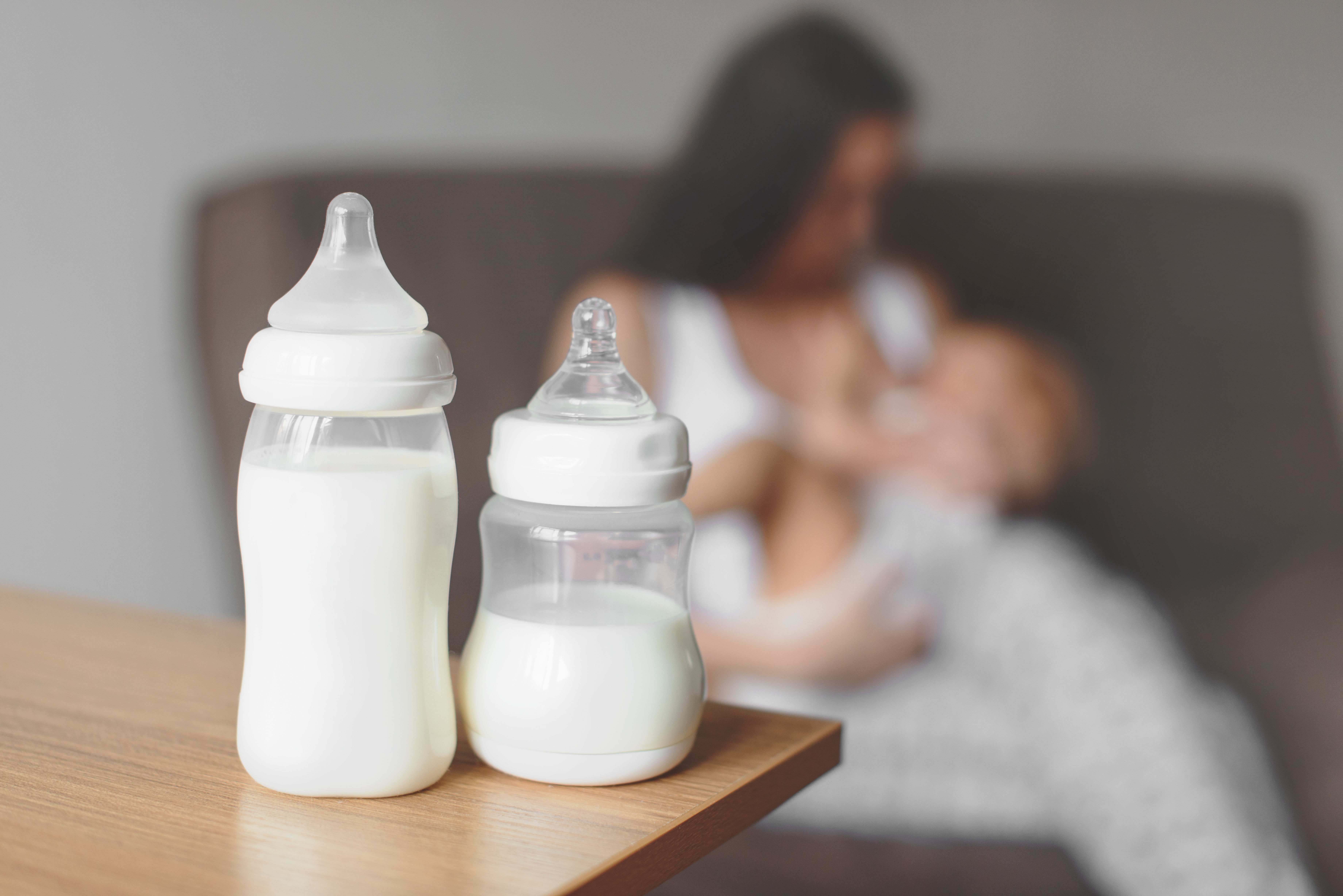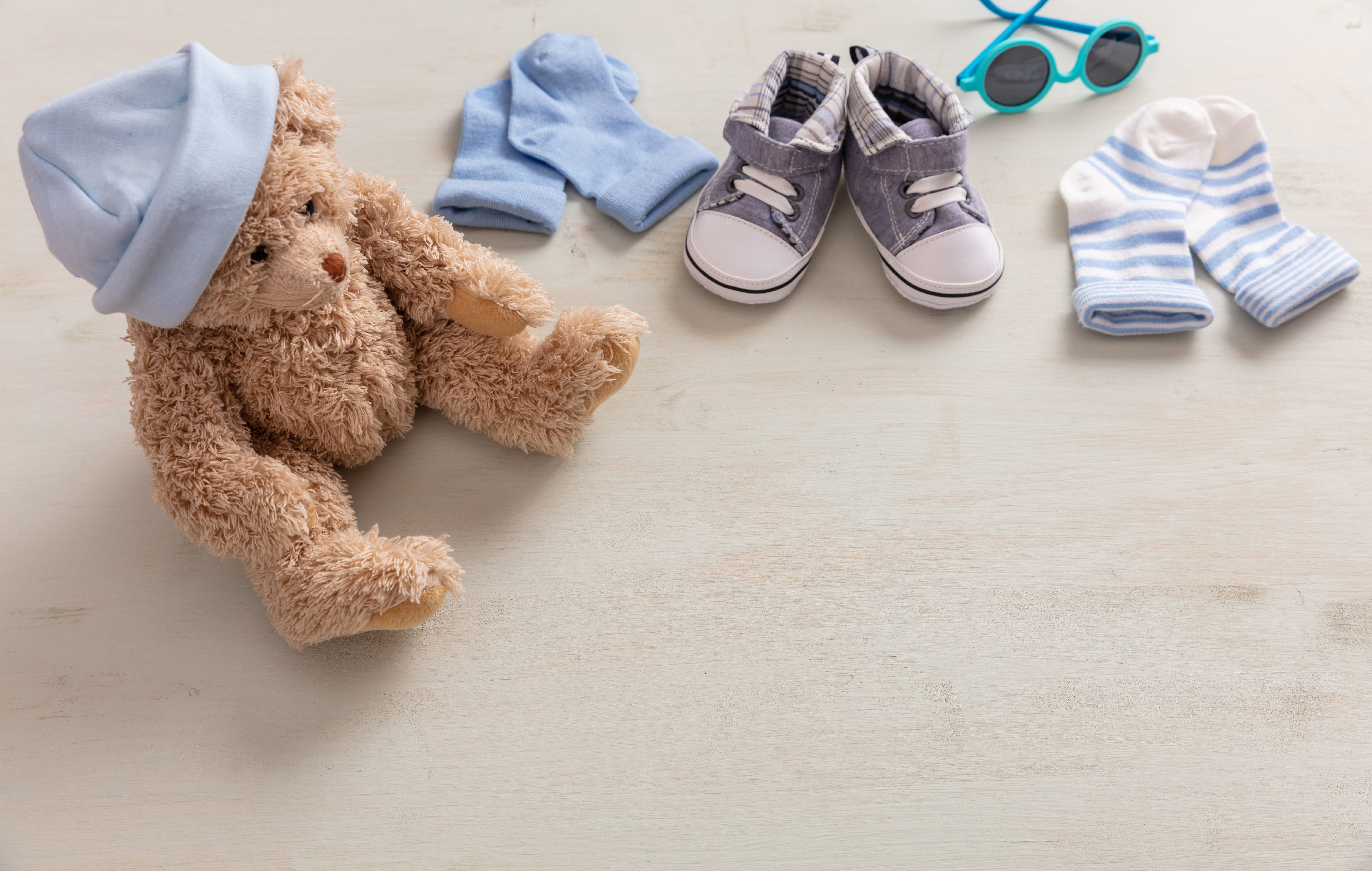
Welcoming your newborn baby also brings many questions and a heightened sense of responsibility. However, taking care of essentials such as a feeding routine, safe sleep, hygiene, and monitoring growth helps lay the foundation for a healthy start. Let's understand that.
Newborn Health 101: Birth Weight, APGAR Score & Feeding Tips
Newborn Health 101: Birth Weight, APGAR Score & Feeding Tips
Learn all about newborn health – from birth weight and APGAR score to bilirubin levels and feeding cues.
Newborn assessment is important for evaluating a baby’s physical, neurological, and developmental health and ensuring they receive the necessary care for a healthy start in life.

A baby’s birth weight is an important indicator of their overall health. Some babies may have a low birth weight but proper care can help with their healthy growth and development.
| Classification | Weight |
|---|---|
| Normal birth weight | 2.5–4.0 kg (5.5–8.8 lbs) |
| Low birth weight baby (LBW) | Less than 2.5 kg (5.5 lbs) |
| Very low birth weight (VLBW) | Less than 1.5 kg (3.3 lbs) |
| Extremely low birth weight | Less than 1.0 kg (2.2 lbs) |
Apgar is a quick evaluation of a newborn right after birth to determine their health and immediate care needs. Let's understand it in detail.

What Is It?
Apgar stands for the five criteria for newborn assessment: Appearance (skin colour), Pulse (heart rate), Grimace (reflexes), Activity (muscle tone), and Respiration (breathing effort). The score, ranging from 0 to 10, is represented on an Apgar score chart.
Apgar Score
A newborn's physical assessment includes checking their temperature and bilirubin levels and examining the fontanelles.

It evaluates the baby's brain and nervous system health through reflexes like sucking and grasping. Muscle tone, head control, and responsiveness to stimuli are also observed.
It may occur due to high bilirubin levels caused by an immature liver, infections, or blood type incompatibilities. Treatment often involves phototherapy and frequent feeding.
Umbilical cords usually fall off within 1–3 weeks. Unlike a healthy one, an infected one may appear red or swollen and sometimes require medical attention.
Proper feeding does more than support baby's growth and development. It also helps the baby bond with its parents, especially with the mother. Let's have a look.

Newborn Feeding Schedule
Newborns feed every 2-3 hours, about 8-12 times daily. You can also feed on demand by watching for hunger cues like rooting or sucking. The goal is consistent weight gain.

Bonding moments
Nurture your bond by holding your baby close and using a gentle, loving touch.

Cozy baby
Always keep your baby warm with 1 to 2 layers of clothes and a covered head.

Hygiene matters
Make it a habit to practise good hand hygiene before holding your baby to keep them safe.

Umbilical care
Keep your umbilical cord stump dry and clean so you heal without any infection.

Feeding routine
Feed your newborn whenever they are hungry, following their natural hunger cues
Feeding your baby can sometimes come with challenges, but understanding the underlying problem can help. Baby feeding problems may include:

The best feeding position for a newborn is where you and your baby are comfortable. Common feeding positions for a newborn baby include:
Sleep is a fundamental part of your baby’s life supporting their growth and development. Make sure you provide them with a safe and comfortable sleep environment.

Sleep is a fundamental part of your baby’s life. It is vital to their growth and development. You may find their newborn sleep patterns to be highly unpredictable initially. Make sure you provide them with a safe and comfortable sleep environment to promote healthy sleep. Remember, every baby is unique, and it takes time to settle into a routine.
Newborns take time to adjust to life outside the womb. Here’s what you need to know about their sleep cycle in the first year and their habits:
Understanding your newborn's sleep hours and habits can help you get some much-needed sleep as well.
Newborns have unpredictable sleep patterns, and several factors can disrupt their rest:
Your baby’s first few weeks will be filled with exciting accomplishments. Tracking these milestones helps you celebrate their growth and understand their needs.

Some of the important milestones in the newborn stage include:
Postnatal care is essential for your recovery and your baby’s health. It includes monitoring physical and emotional health, establishing a feeding routine, and promoting bonding.

A balanced postnatal diet is crucial for your recovery, milk production, and replenishment of nutrients lost during childbirth. A good postnatal diet should include iron-rich foods, calcium, proteins, and healthy fats. These nutrients can be found in spinach, lentils, eggs, nuts, and dairy products.
Gentle postnatal exercises promote healing, strengthen the pelvic floor, and help boost mood. Useful exercises include light walking, pelvic floor exercises like Kegels and gentle stretches. With medical approval, yoga or low-impact aerobics can be introduced after six weeks. These will help you safely regain physical fitness and energy levels.

Discover trusted advice from experts for all stages of your parenting
FAQs
Newborns should be fed every 2–3 hours or when they show signs of hunger, like rooting or sucking on their hands. This ensures proper nutrition and hydration.
Swaddle your baby in a light blanket, use gentle rocking motions, or play white noise to mimic the womb environment. These techniques often help calm a crying baby.
If your baby wets 6–8 diapers daily and shows consistent weight gain, it gets enough milk. A content baby after feeding is another good sign.
Check your baby’s temperature using a thermometer. A temperature above 99.5°F (37.5°C) indicates a fever. If it persists, consult your paediatrician.
Newborns typically need 14–17 hours of sleep daily, broken into short naps. This helps support their rapid growth and development.